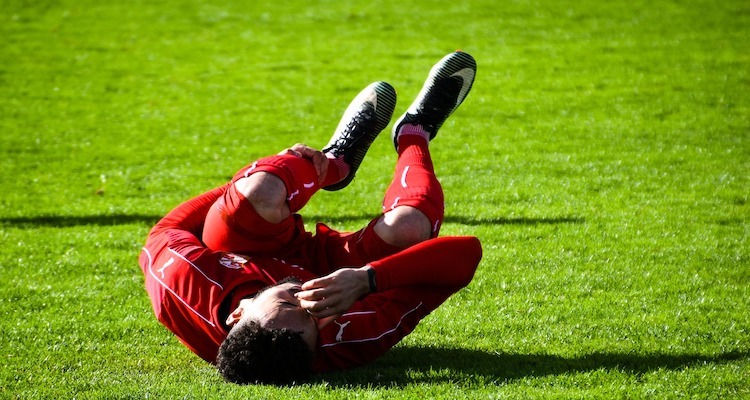
Football, like any sport, carries a risk of injury, but it is generally considered to be a relatively safe sport compared to others. The most common injuries in football are muscle strains, sprained ankles, and knee injuries, which can be caused by the running, jumping, and sudden stops and starts that are involved in the game. However, serious injuries such as broken bones and concussions can also occur, particularly in contact situations like collisions between players or with the goal post.
Overall, while football is not completely without risk, it is generally considered to be a safe sport. With proper coaching, equipment, and adherence to safety guidelines, players can minimize their risk of injury and enjoy the many benefits that come with participating in the sport.
There are several common injuries that can occur in football, including:
Overall, it's important for football players to take precautions to prevent these injuries, such as wearing appropriate protective equipment, warming up properly before games and practices, and using proper techniques during play.
Famous football players have experienced a variety of injuries throughout their careers, some of which have had a significant impact on their playing ability. Here are some examples:
These examples show that even the best football players in the world are not immune to injuries and that they can have a significant impact on a player's career. However, with proper treatment and rehabilitation, many players are able to recover and return to playing at the highest level.
There are several ways that football players can prevent injuries, including:
Overall, taking these steps can help football players reduce their risk of injury and stay healthy and competitive on the field.
This is just some general advice and examples of football injuries. While this general information is helpful it is always best to consult a qualified sports medicine consultant to get bespoke physical preparation, and injury rehabilitation advice. If you are after a physiotherapist or sports massage therapist or chiropractor you can search for them and other sport performance specialists, including coaches, on our directory.
